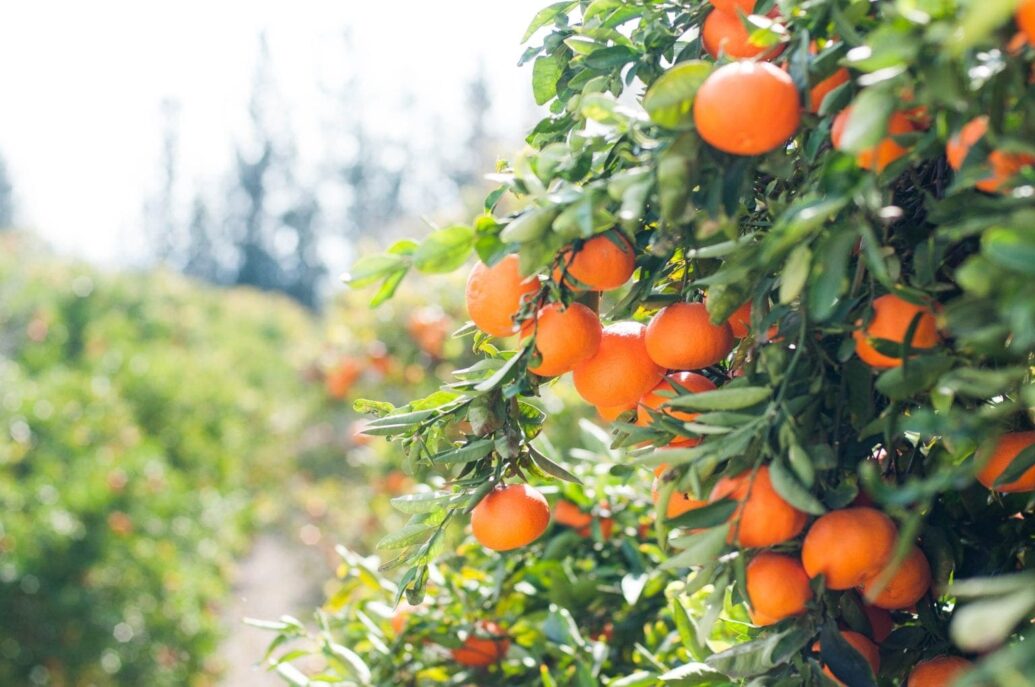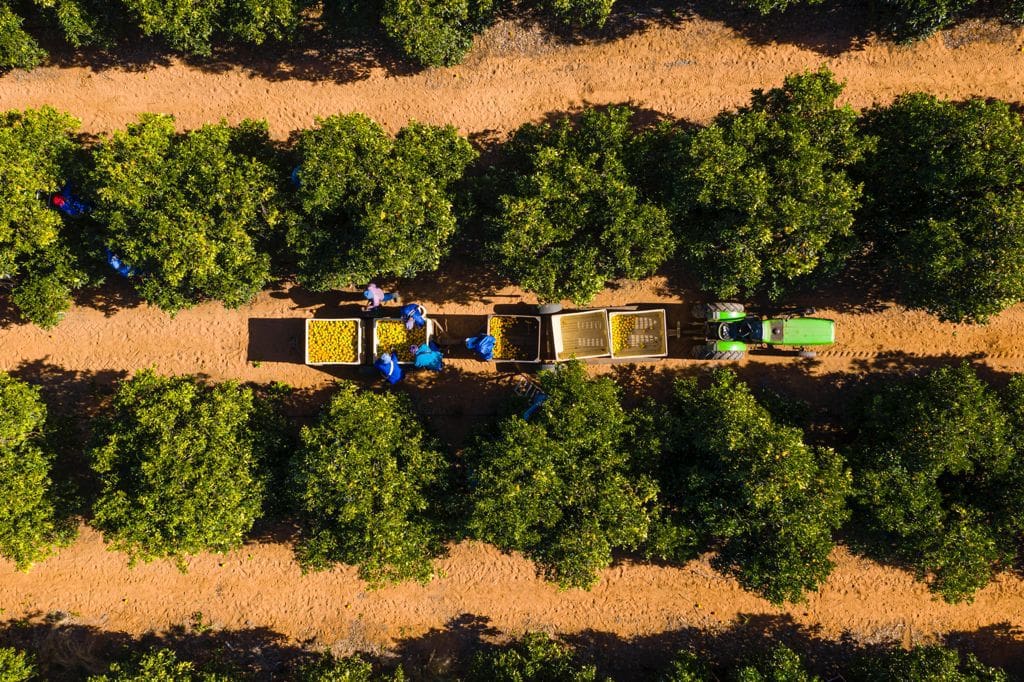Trump’s Tariffs remain relevant as the deadline for their suspension draws nearer on 9 July, and questions on what this could mean for the world at large and for South Africa (SA) are running rampant.
South Africa’s export relationship with the United States of America (USA) is characterised by many different products. One of these is citrus fruits, such as naartjies, of which SA is the seventh biggest global producer.

What was thought to be a delayed April Fools joke, Donald Trump, President of the USA, announced the imposition of tariffs on nearly all countries on 2 April. This included a baseline tariff of 10% on all USA imports and higher country-specific tariffs for most countries. SA was hit with a 30% tariff on all goods it exports to the USA, including citrus exports.
The complexity of the global economy makes the extent of the effect of the tariffs very difficult to predict in SA and on a global scale. However, a few different variables and their possible effects on SA’s future and the future of its naartjies can be tracked.
Uncertainty for SA’s naartjies is at a high and represents the broader volatility for the country’s citrus industry and the global economy as a whole. The future of the naartjie will be dependent on a number of different things: whether the country-specific tariffs will return to their full force at the end of the suspension period, how other countries will react, and how SA will react.
The first outcome of these tariffs is already being seen in the high uncertainty of the markets. With buyers and sellers unsure about whether the substantially higher tariffs will return and the effect that they will have, people begin making very conservative choices. On 10 June, the US dollar hit a new low at R17,70 to the dollar. There has been a decline in shipment levels across the globe and South African citrus shipments to the USA have not been exempt.
However, the American market may actually see a spike in this period as American buyers anticipate the higher prices of commodities to come. This benefits the average South African, and especially those involved in the citrus industry as the profit from citrus exports to the USA are disproportionately profitable due to the premium paid on them. In addition to this, rural towns in the Western Cape such as Citrusdal remain dependent on their citrus exports to the USA and face total economic collapse. At this point, the rainbow nation’s naartjies are still holding strong.

But if the country-specific tariffs do return at full force, SA might see the global response start to hit. Countries, especially China, will see a drop in the goods they export to America. This will mainly affect South Africa’s auto exports and agricultural exports such as citrus fruits and grapes. In the short term, this is marvellous for the average naartjie buyer because SA will suddenly have too many naartjies resulting in a price drop in a classic supply-and-demand situation.
But it is unlikely that South Africans will rise to meet the levels of naartjie consumption of the whole of the USA. In fact, as the USA makes up 25% of global consumption, the question that is facing countries and speculators alike is: who will they sell the surplus goods to? Economic theories show that the decline in consumption leads to recession. South African citrus farms can’t sustain the 35 000 employees involved in their exportation chain because they could not sell enough naartjies to their domestic market. Workers get laid-off, unemployment spikes, companies close down. The supply of naartjies drops and the price of naartjies rises. Not only would this occur in SA’s naartjie industry, but in industries whose exports are threatened by Trump’s tariffs across the world, such as the Japanese auto industry.
While Trump’s suspension of the tariffs claims to allow time for reciprocal deals to be struck with trading partners, deals with Britain and China for a temporary reciprocal lessening have materialised. While deals leading up to the July deadline are likely to be negotiated, many countries are still favouring the implementation of counter-tariffs. Should there be a global movement toward protectionist measures to this extent, the natural result will be a drop in globaltrade. This, in turn, increases the likelihood of a global recession and more industries, beyond justthat of the naartjie, will be impacted.
According to J.P. Morgan, the global financial conglomerate, the possibility of a global recession is sitting at 40% currently and will increase to 67% if the USA’s 30% tariff on South Africa returns. Naartjie lovers be warned!
By Leah Falcon



